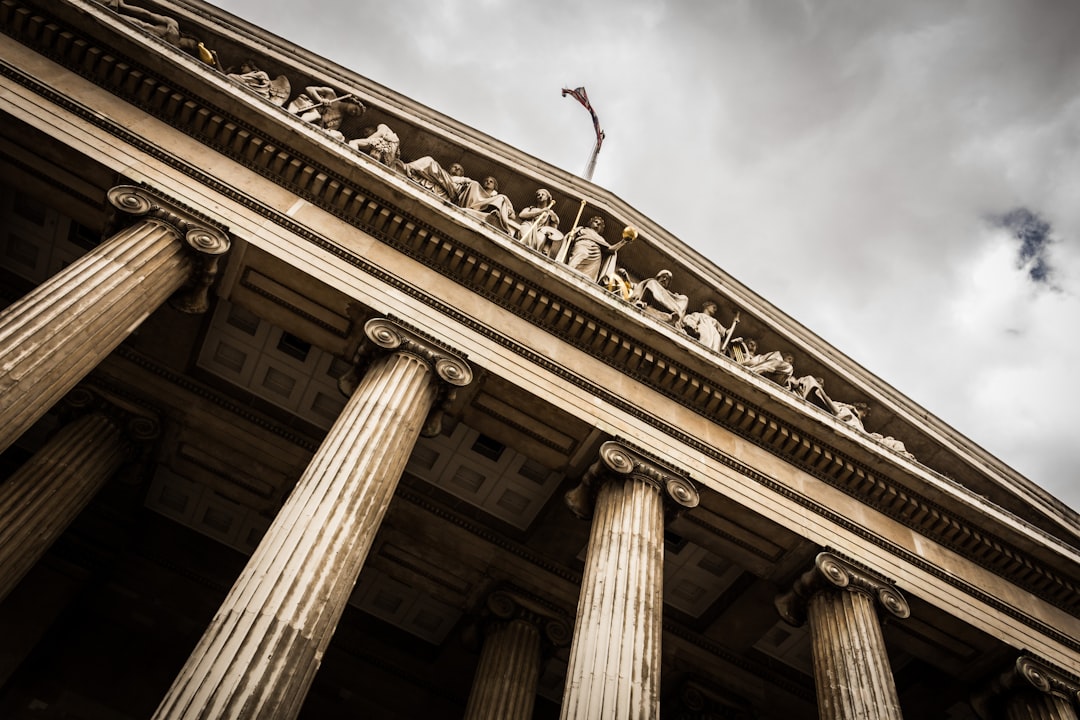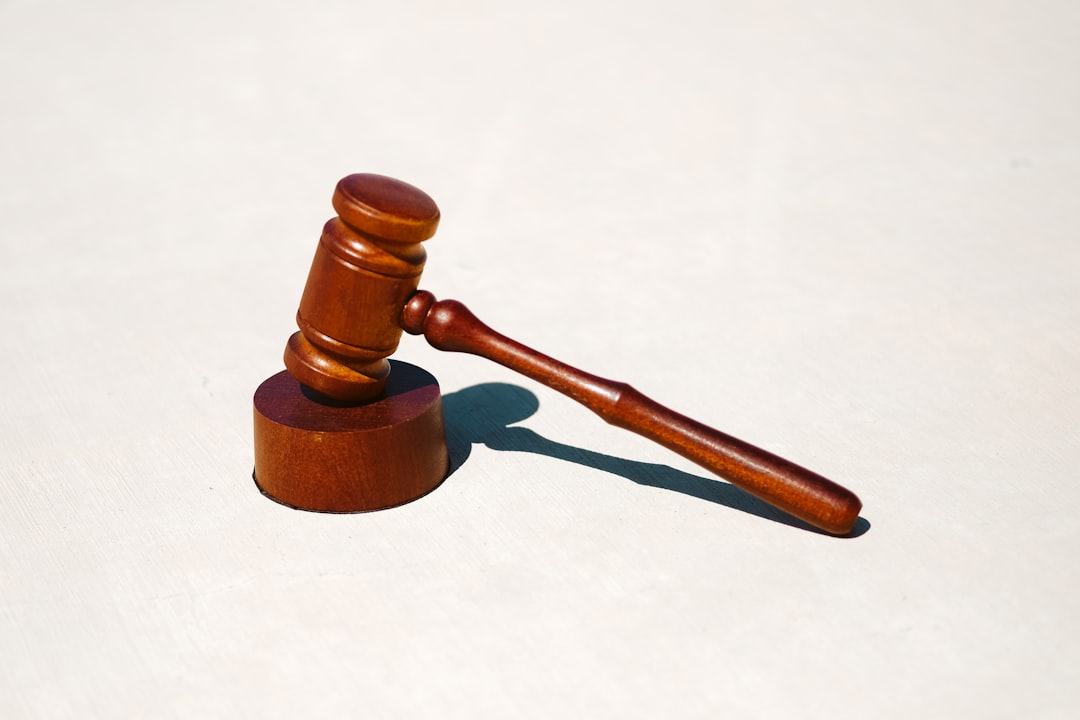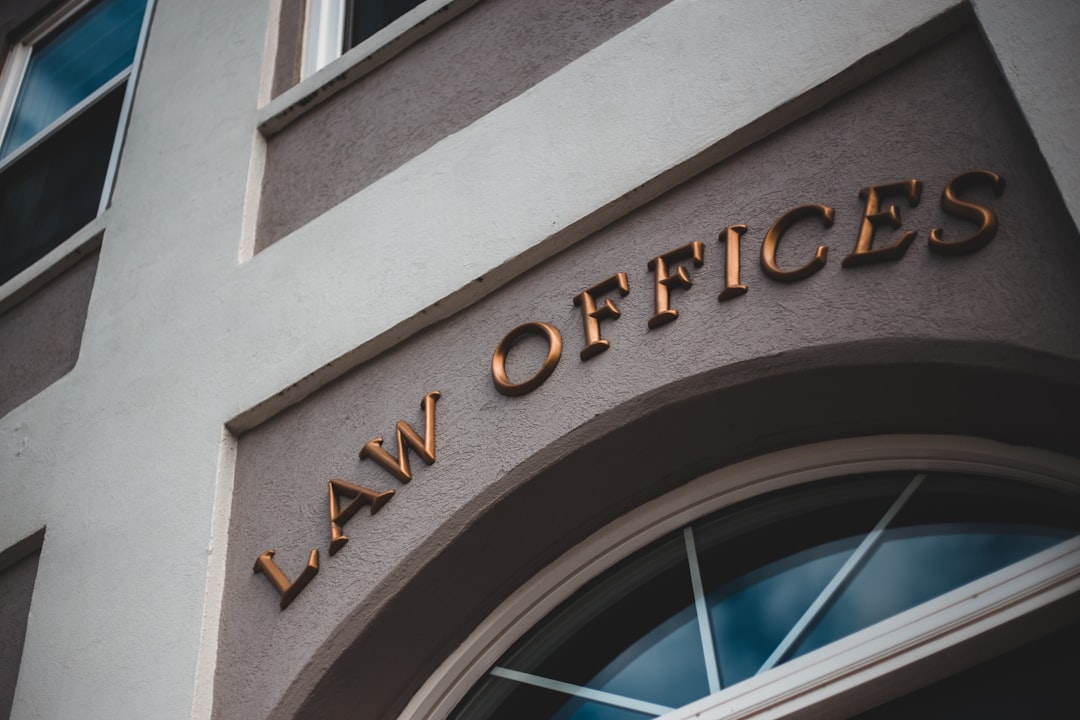Washington state has taken a proactive approach to combating nonconsensual AI-generated explicit content by implementing stringent laws and utilizing specialized sexual abuse law firms. These firms play a vital role in protecting individuals from digital sexual abuse, advocating for victims, and holding perpetrators accountable. Understanding Washington’s legal framework empowers people to safeguard themselves against potential content generation and distribution, contributing to a safer digital environment. Sexual abuse law firms in Washington are leading efforts to ensure justice and protection from nonconsensual exploitation, both online and offline, as AI technologies continue to evolve.
“In an era where Artificial Intelligence (AI) is rapidly transforming content creation, Washington state has taken a proactive stand against nonconsensual AI-generated explicit content. This comprehensive guide delves into the intricate laws that protect individuals from AI-crafted material without their consent. From understanding the legal framework to exploring prevention strategies and their impact on sexual abuse lawsuits, we unravel the complex web of issues surrounding this modern challenge. If you’re seeking guidance from sexual abuse law firms in Washington, this article offers valuable insights.”
Understanding Washington’s Laws on Nonconsensual AI Content

In recent years, as artificial intelligence (AI) technology has advanced, so have concerns regarding nonconsensual AI-generated explicit content. Washington state has taken a significant step forward in protecting individuals from this form of digital sexual abuse with its stringent laws. These regulations are designed to hold accountable those who create and distribute such harmful material without the subject’s consent.
The state’s sexual abuse law firms play a crucial role in advocating for victims and ensuring that perpetrators face justice. By understanding Washington’s legal framework, individuals can better protect themselves against potential nonconsensual content generation and distribution, fostering a safer digital environment.
The Impact of AI-Generated Explicit Material

The rise of artificial intelligence (AI) has led to a concerning trend in the creation and dissemination of explicit content, particularly through AI-generated images and videos. This technology, while powerful, poses significant challenges when it comes to privacy, consent, and legal implications. One of the most critical issues is the potential for nonconsensual distribution of intimate imagery, often referred to as “revenge porn” or sexual exploitation, which has severe psychological consequences for victims.
In Washington state, where sexual abuse law firms play a vital role in addressing these modern concerns, lawmakers are grappling with how to regulate AI-generated explicit material. The impact of such content extends beyond the immediate victim, as it can contribute to the normalization of sexual violence and invasion of privacy. As technology advances, so does the need for robust legal frameworks to protect individuals from the harmful effects of nonconsensual AI-generated content, especially in an era where digital evidence and online distribution are prevalent.
Legal Recourse for Victims and Sexual Abuse Lawsuits

In the event of nonconsensual AI-generated explicit content, victims in Washington have legal recourse. Sexual abuse law firms in Washington can help individuals pursue justice and seek compensation for damages incurred due to such incidents. These cases often involve complex digital evidence and specialized knowledge, making it crucial to consult experts who understand the nuances of AI technology and its implications on privacy and consent.
Victims may face unique challenges when pursuing sexual abuse lawsuits against entities responsible for generating and distributing nonconsensual content. Legal professionals specializing in this area can guide victims through the legal process, ensuring their rights are protected and they receive fair compensation. With the rise of AI technology, these legal battles have become increasingly important to establish precedents and deter future instances of digital sexual abuse.
Prevention and Future Implications

Preventing nonconsensual AI-generated explicit content is a critical aspect of safeguarding individuals and communities, especially in the digital age. Sexual abuse law firms in Washington and across the nation are at the forefront of this issue, advocating for stringent laws and policies to combat the creation and distribution of such harmful material. By enhancing existing sexual abuse laws, these legal experts aim to protect citizens from potential violations, particularly regarding deepfakes and other AI technologies.
Looking ahead, the implications of these measures could revolutionize online safety standards. With advanced technology comes increased responsibility, and lawmakers are recognizing the need to adapt legislation to address emerging challenges. As AI continues to evolve, so too must legal frameworks, ensuring that justice is served and citizens are protected from nonconsensual exploitation in both the real and digital realms.





